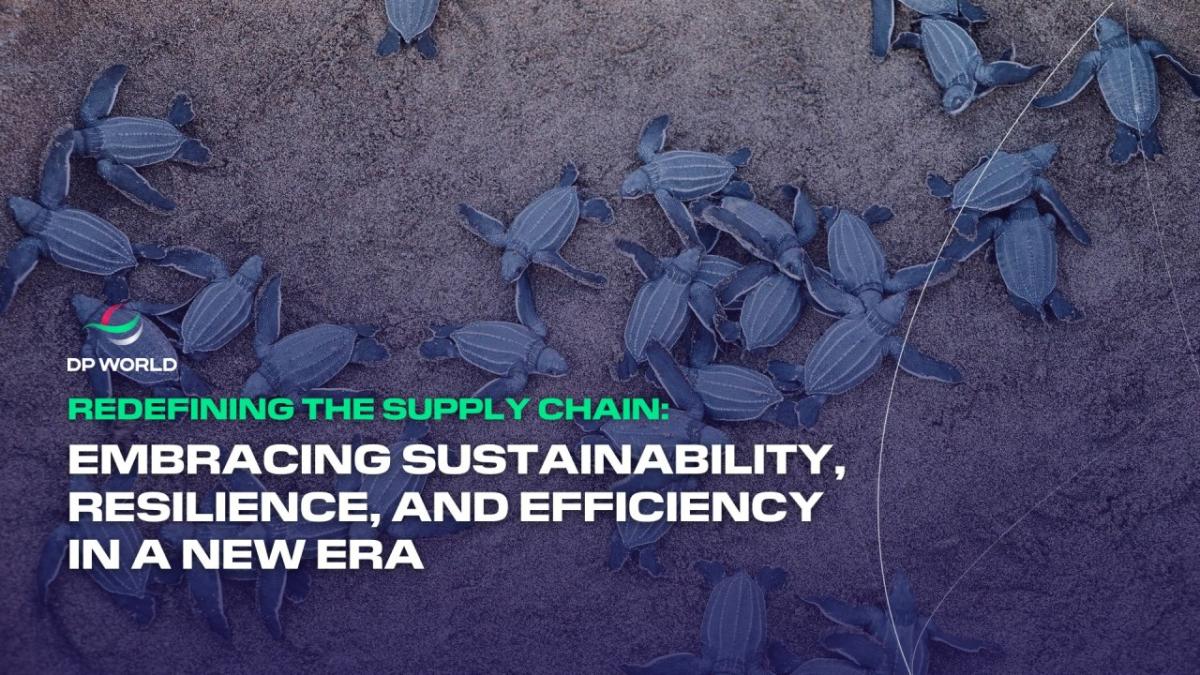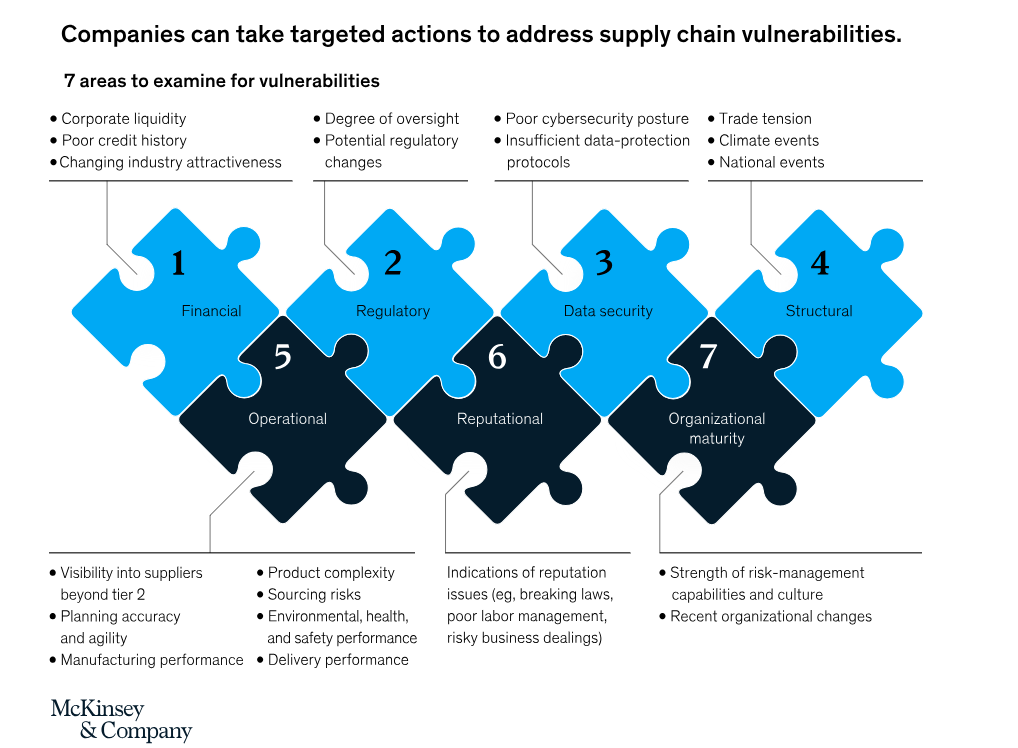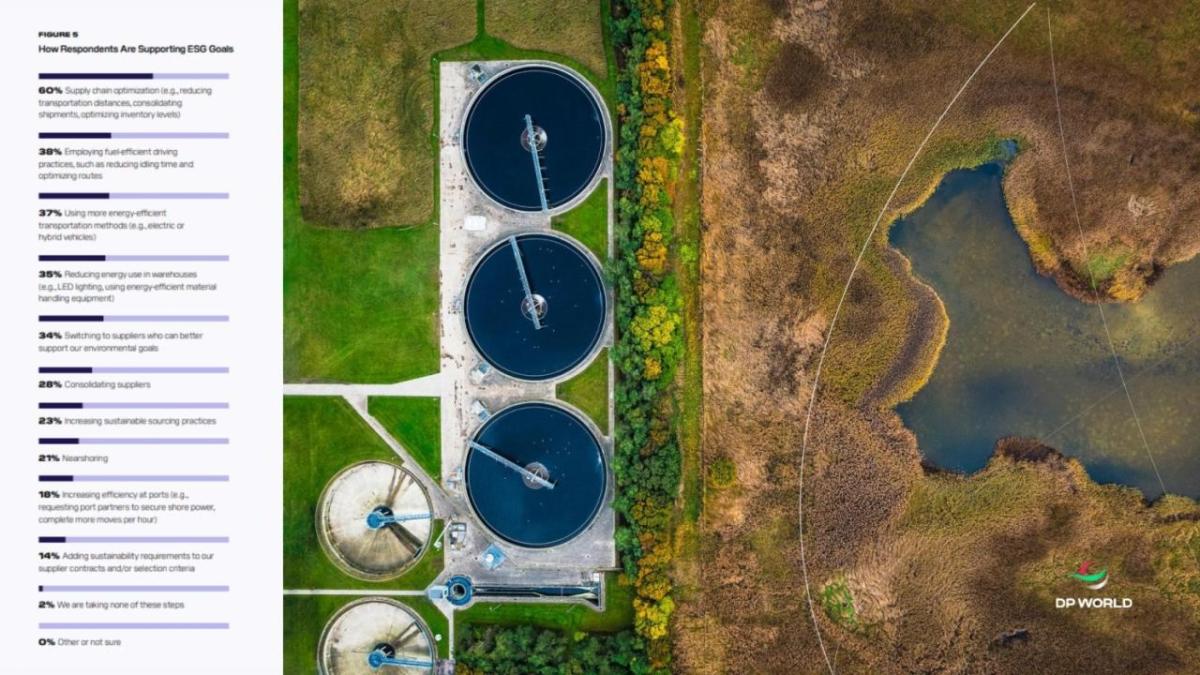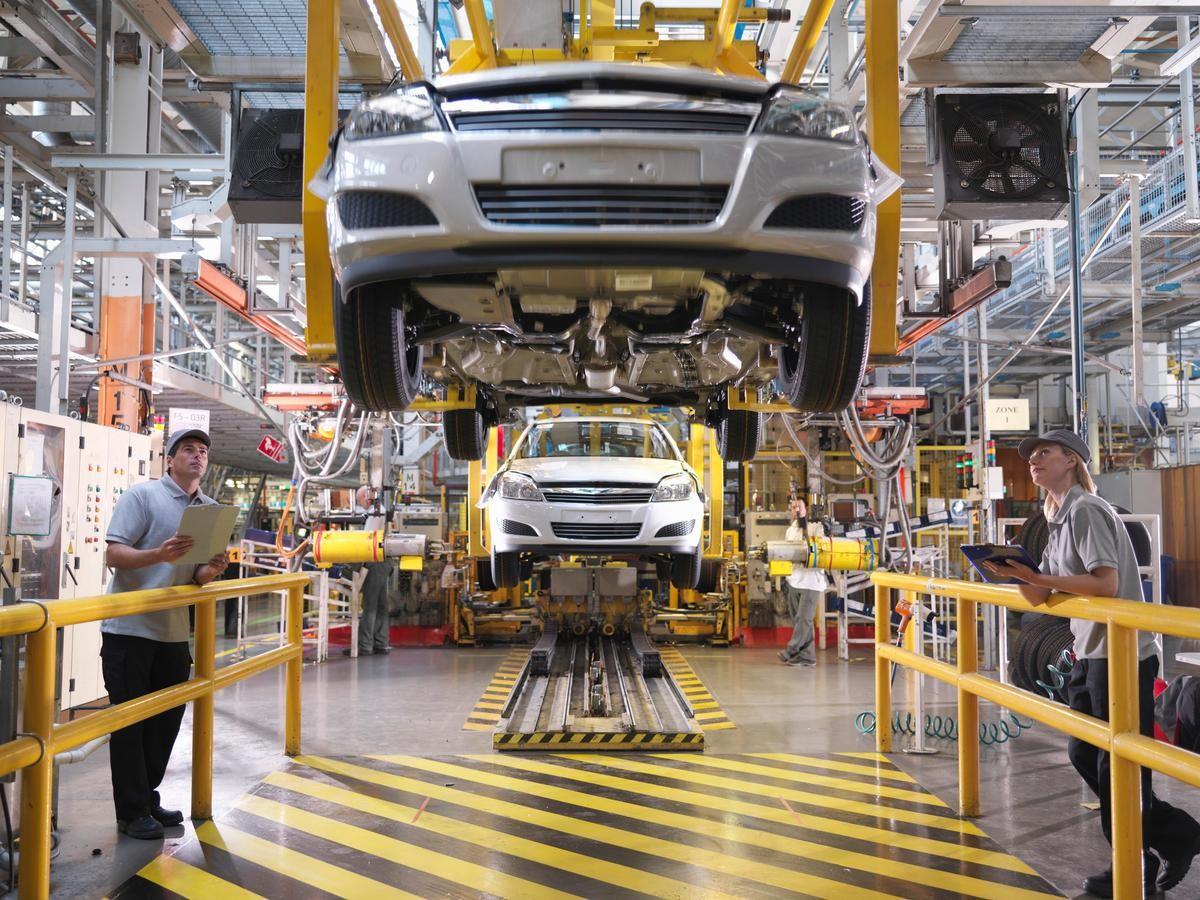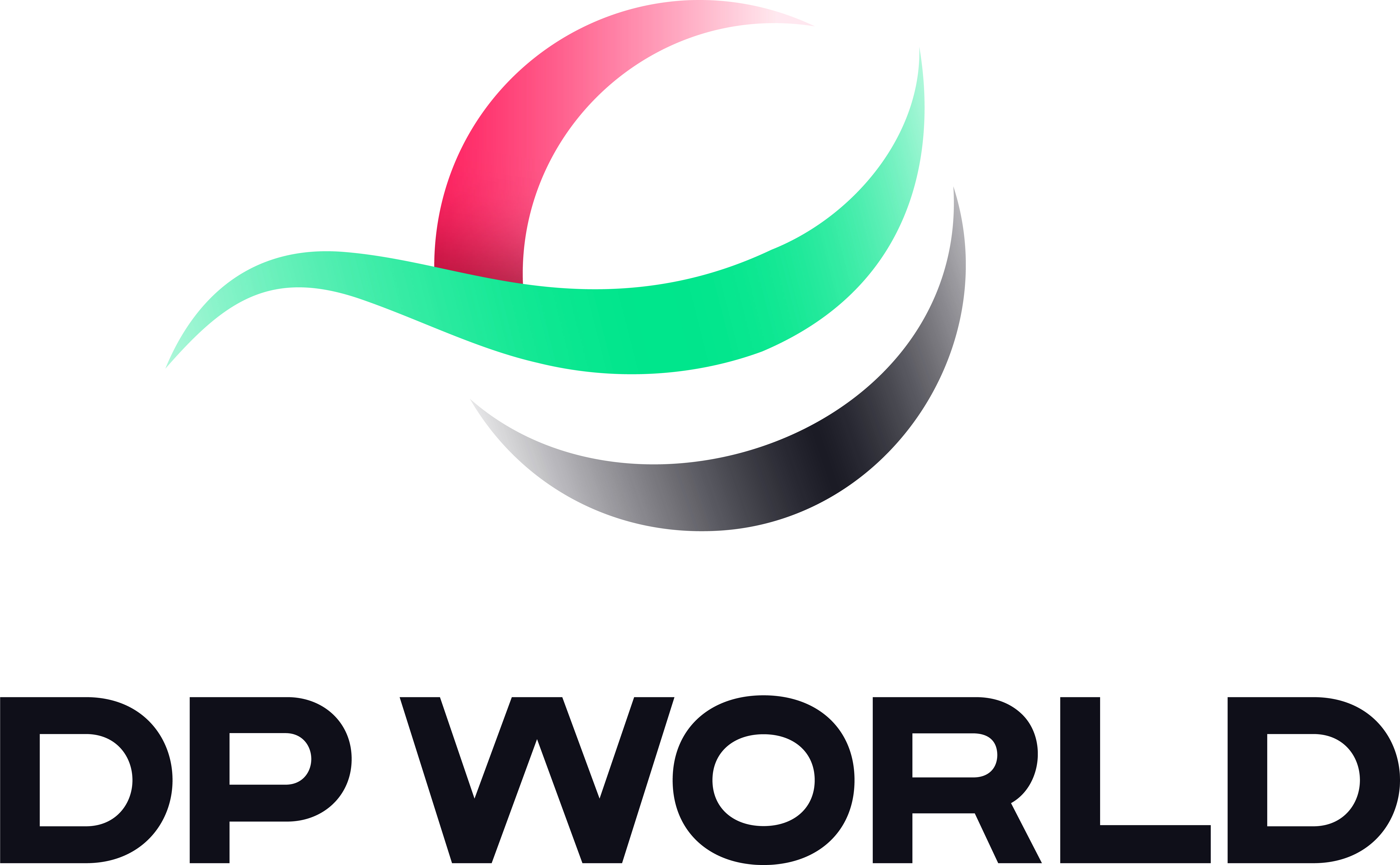Redefining the Supply Chain: Embracing Sustainability, Resilience, and Efficiency in a New Era
By Brian Enright CEO & MD Americas Region DP World
In an era marked by global disruptions, the fragility of supply chains has been starkly revealed. Pandemics, geopolitical tensions, natural disasters, and climate emergencies have not only exposed weaknesses but have also sparked a wave of innovation and strategic evolution. As McKinsey notes, supply chain leaders are now vested with both the attention of top management and a mandate for tangible change.
This pivotal moment offers an opportunity to future-proof supply chains by marrying sustainability, resilience, and efficiency with traditional values of cost, quality, and service. The upward trend in supply chain sustainability importance, as observed in MIT’s Center for Transportation and Logistics 2022 State of Supply Chain Sustainability report, underscores a collective awakening to new priorities amidst shifting challenges.
Recent findings from Supply Chain Dive indicate a transition in supply chain concerns, with the unpredictable dynamics of supply and demand now at the forefront. This reshaping of priorities compels a reevaluation towards more robust, sustainable, and efficient supply chains. Notably, over 60% of industry professionals are embracing optimization initiatives like route shortening and inventory tuning to align with ESG goals.
A spotlight on "nearshoring" showcases this shift towards sustainability. As highlighted in the Wall Street Journal, our partnership with snack food giant Mondelez in establishing a Dominican Republic distribution center exemplifies how proximity can enhance efficiency and reduce carbon emissions significantly. This strategy not only addresses logistical challenges but also sets a precedent for environmentally conscious operational decisions.
The evolving criteria for vendor selection further emphasize this paradigm shift. Companies are moving beyond cost-effectiveness to evaluate environmental impacts and sustainability practices. There is a growing inclination to prioritize partners with strong decarbonization and sustainability credentials, and those demonstrating a commitment to eco-friendly practices are increasingly preferred.
Industry research supports this, with Supply Chain Dive reporting that 84% of supply chain executives considering a prospective partner’s decarbonization and sustainability credentials in their selection processes.
The trend towards consolidating vendors for an end-to-end service model reflects a strategic approach to streamline operations and enhance data integrity. This is particularly relevant as companies intensify their ESG commitments, with streamlined supply chains enabling more cohesive and actionable insights.
As the supply chain industry stands at a crucial juncture, the lessons from global disruptions pave the way for transformative change. Embracing sustainability, resilience, and efficiency as guiding principles, the industry is moving towards a new era. This evolution, inspired by sectors like clean energy, heralds a future where supply chains not only meet traditional objectives but also actively contribute to a more sustainable, resilient, and efficient world.
The journey ahead is complex, but the direction is clear. By innovating, partnering, and adapting with a focus on ESG imperatives, we're not just navigating the challenges of today; we're shaping the supply chain of tomorrow.

